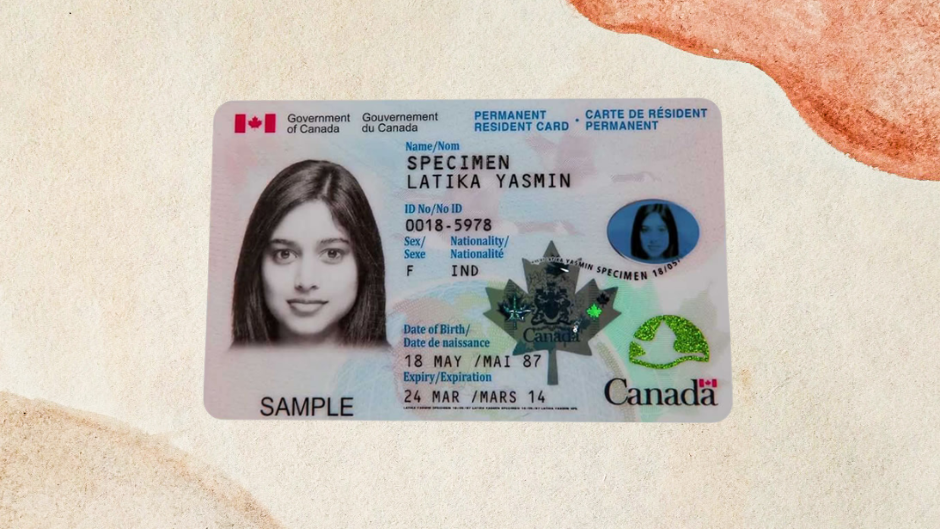
Residency obligation is an important concept for those who are looking to become permanent residents of Canada. It is a requirement that all permanent residents must meet in order to maintain their status in Canada. The residency obligation states that permanent residents must be physically present in Canada for at least two years out of every five-year period. This means that if you are a permanent resident of Canada, you must be physically present in Canada for at least 730 days out of every five-year period.
Failure to meet the residency obligation can result in the loss of permanent resident status. This means that if you are a permanent resident of Canada and you do not meet the residency obligation, you may be found inadmissible to Canada and may be removed from the country.
It is important to note that there are some exceptions to the residency obligation. For example, if you are a permanent resident of Canada and you are outside of Canada for an extended period of time due to work, study, or accompanying a Canadian citizen, you may still be considered to have met the residency obligation.
It is also important to note that the residency obligation does not apply to Canadian citizens. Canadian citizens are not required to meet the residency obligation and can remain outside of Canada for extended periods of time without any consequences.
It is important to understand the residency obligation if you are a permanent resident of Canada. It is important to ensure that you are meeting the residency obligation in order to maintain your status in Canada. If you have any questions about the residency obligation, it is important to speak to an immigration lawyer or a Canadian immigration expert.
The content above is not intended to provide legal advice or opinions of any kind and may not be used for professional or commercial purposes. E&OE.





